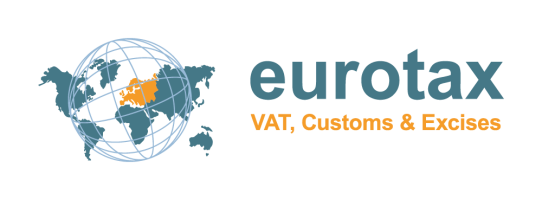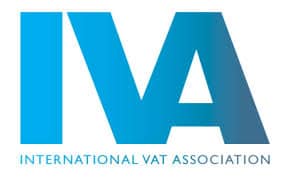Value Added Tax (VAT), a consumption tax levied on the value added at each stage of the production process, is a fundamental part of the European Union’s harmonized tax system and weights 12 % of incomes. In Spain, VAT plays a significant role in generating 33% of government revenue and ensuring fair competition among businesses. Understanding properly VAT regulations, before investing, is crucial for businesses supplying in Spain, whether they are domestic or international entities.
VAT Registration Requirements
In Spain any business that supplies taxable goods or services in Spain must probably register for VAT, regardless of their annual turnover. Registration must be completed prior to making the first taxable supply.
VAT refund in Spain is very restrictive, contact us before import or purchases for proper consultation or you may not be refunded.
VAT Rates in Spain
Spain applies three main VAT rates:
1. Standard Rate: 21%
2. Reduced Rate: 10%
3. Super-Reduced Rate: 4%
The standard rate is applied to most goods and services. The reduced rate is applied to certain goods and services, such as passenger transport, hotel and restaurant services, and other specified items. The super-reduced rate is applied to a limited range of basic goods, such as food and drink, goods related to health, construction work, and some newspapers.
VAT Accounting and Reporting
Businesses registered for VAT in Spain must maintain accurate VAT records and submit periodic VAT returns to the Spanish tax authorities. The frequency of VAT returns depends on the business’s annual turnover. Businesses with an annual turnover of less than 6.010.121,04€ are generally required to submit quarterly VAT returns. Businesses with an annual turnover of 6.010.121,04€ or more are generally required to submit monthly VAT returns.
Keep in mind that Intra Community operations make both suppliers and recipients liable for informative and statistical declarations: ECSL and Intrastat.
VAT on Intra-Community Supplies and Acquisitions
Intra-Community supplies of goods, where goods are transported from one EU member state to another, are generally zero-rated, meaning that no VAT is charged at the point of sale. However, the recipient of the goods is responsible for paying VAT in their own member state. Intra-Community acquisitions of goods, where goods are transported from one EU member state to another, are generally subject to VAT in the member state of arrival.
VAT on Services
The general rule for the supply of services is that VAT is charged at the rate applicable in the member state where the services are performed. However, there are several exceptions to this rule, such as the place of supply rules for certain types of services, like electronic services and telecommunications services.
Penalties for VAT Non-Compliance in Spain
Failure to comply with VAT regulations in Spain can result in significant penalties, including fines, interest charges, and even imprisonment in some cases over 120 000€. It is therefore essential for businesses to ensure that they are fully compliant with all applicable VAT rules.
Important VAT actions in Spain to be taken before January 1, 2023, if you plan to change your situation or benefit from specific relief registers:
Some important actions in the VAT rules require to be taken by November 30, 2023, for the measures to be effective on January 1, 2024:
- Registrate or cancel in the VAT monthly refund regime
- Choose an application of the VAT deferral regime for imports
- Communicate to tax agency of reseller status for VAT purposes
- Request an authorization to apply relief regime for differentiated sectors of activity.
- Request a waiver of electronic record keeping record books (SII)
Seeking Professional Assistance
Given the complexity of VAT regulations, it is often advisable for businesses to seek professional assistance from a qualified tax advisor as Eurotax. Which can provide guidance on specific VAT issues, it also helps businesses prepare and submit VAT returns, and ensure that they are compliant with all applicable VAT rules.
Do not hesitate to contact us here.
VAT regulations in Spain can be complex and challenging to navigate. However, by understanding the basic principles of VAT and seeking professional assistance, when necessary, businesses can ensure that they are compliant with the law and avoid potential penalties.






















